Dreamforce 2011: Can Salesforce.com become a serious PaaS player?
With so many PaaS players coming to market, what is Salesforce.com doing?
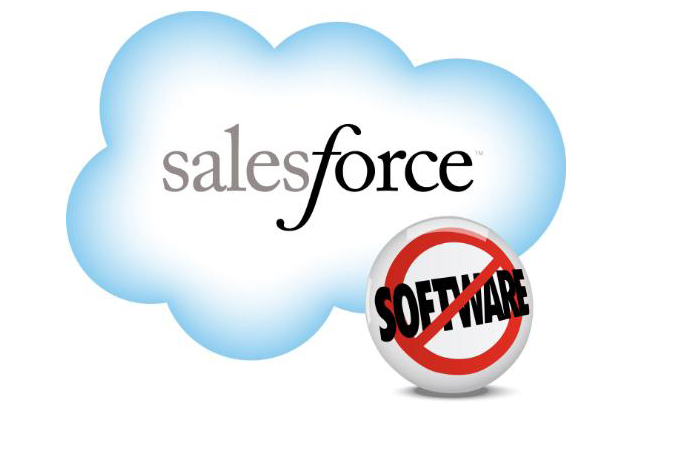

Adding to the complexity last year was Database.com, which was made generally available this week almost 10 months after it was initially announced.
Addressing pricing could really help Salesforce.com become a big PaaS player. For instance, Database.com isn't cheap. The freemium model is available for up to three users and up to 100,000 records and 50,000 transactions.
Yet for enterprise services, it will cost $10 for each additional set of 100,000 records and 150,000 transactions per month. According to an Ovum report from last year, that price range is something only companies with big bank balances will be able to afford.
Salesforce.com doesn't see it that way. "We often have to go through the math with people but when you do a proper side by side comparison with on premise, it's vastly superior," Stahl said. "We have no intention of only focusing on the high end."
Despite such concerns, analysts have still been impressed by the PaaS moves Salesforce.com is making.
"I definitely think Salesforce.com's PaaS message is becoming more coherent," Tim Hickernell, lead analyst at Info-Tech Research Group, told IT Pro.
"It has taken them a few years of work, since Force.com first debuted, but the support of more languages, the availability of database services and the option for alternative data storage (the DRO) finally gives them a credible PaaS position."
Get the ITPro daily newsletter
Sign up today and you will receive a free copy of our Future Focus 2025 report - the leading guidance on AI, cybersecurity and other IT challenges as per 700+ senior executives
A busy market
Regardless of what Salesforce.com's platform credentials, it will face some seriously stiff competition in the PaaS space. With Google App Engine, Microsoft Azure and Amazon EC2 already there, and some expecting other tech giants like IBM to make a play soon, Salesforce.com will have to make a big splash and soon.
IT departments want to deliver quality apps to end workers, but they don't want to feel limited or take big chunks out of their budget.
Fortunately for Salesforce.com, Benioff recognises how busy the market is going to get. "I don't think there will be one dominating force. A lot of different people have to play together and create an ecosystem," Benioff said today.
"The total answer is the ecosystem and the community. There are going to be a lot of players. It has to be an open, interoperable environment."
To make its mark, Salesforce.com is going to get even more aggressive with its PaaS strategy, making investments in platform development and expanding its language options.
"In the next 12 months we will make another huge investment in the platform," Benioff added.
The differentiation with the social aspect could be what propels Benioff's firm into becoming a big, unique PaaS player. However, that will only happen if it continues to expand its platform and add languages as it has promised, whilst not charging a significant amount.
In reality, IT departments want to deliver quality apps to end workers, but they don't want to feel limited or take big chunks out of their budget. Salesforce.com would benefit from recognising that too.
Tom Brewster is currently an associate editor at Forbes and an award-winning journalist who covers cyber security, surveillance, and privacy. Starting his career at ITPro as a staff writer and working up to a senior staff writer role, Tom has been covering the tech industry for more than ten years and is considered one of the leading journalists in his specialism.
He is a proud alum of the University of Sheffield where he secured an undergraduate degree in English Literature before undertaking a certification from General Assembly in web development.
-
 M&S suspends online sales as 'cyber incident' continues
M&S suspends online sales as 'cyber incident' continuesNews Marks & Spencer (M&S) has informed customers that all online and app sales have been suspended as the high street retailer battles a ‘cyber incident’.
By Ross Kelly
-
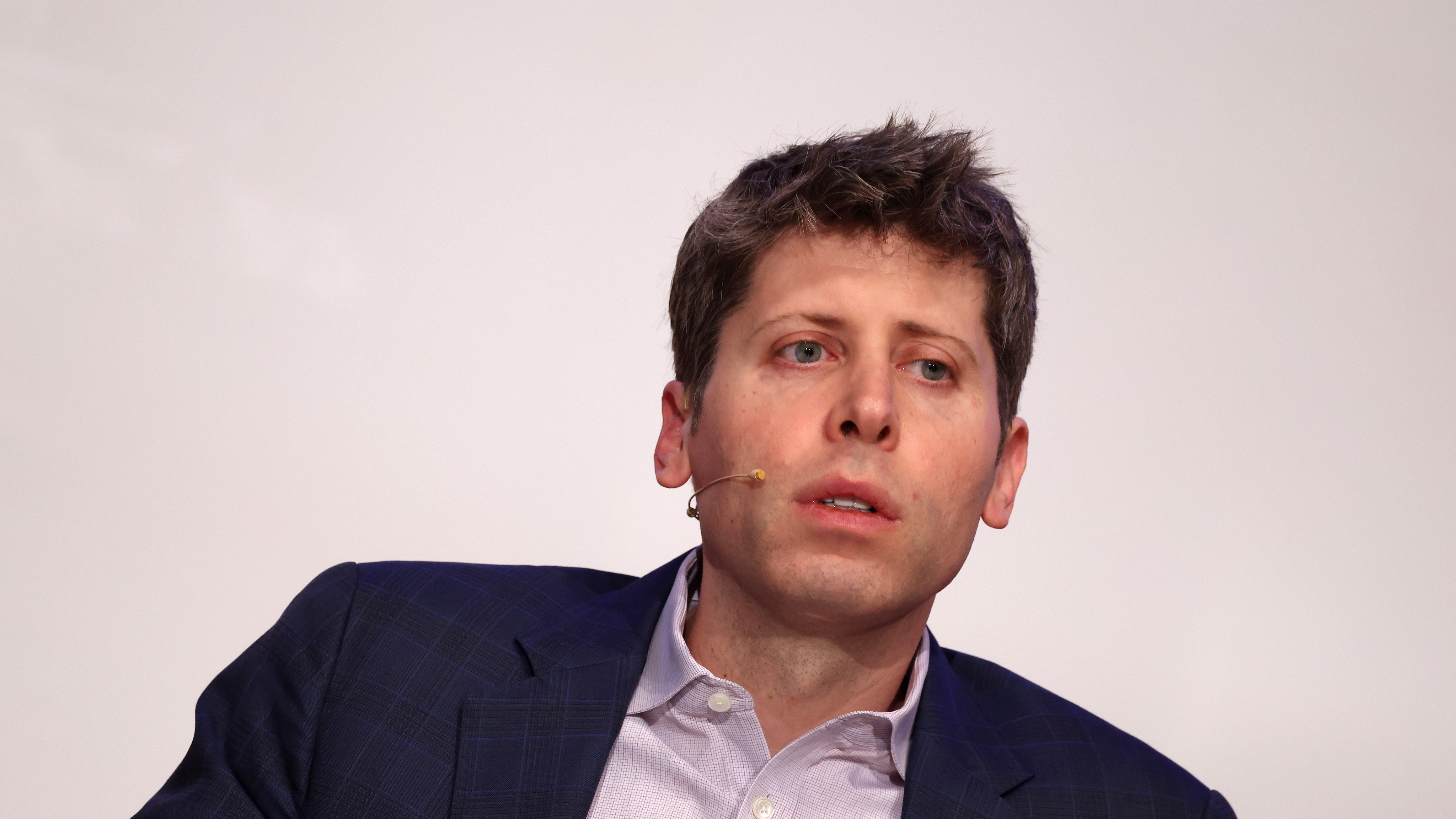 Manners cost nothing, unless you’re using ChatGPT
Manners cost nothing, unless you’re using ChatGPTOpinion Polite users are costing OpenAI millions of dollars each year – but Ps and Qs are a small dent in what ChatGPT could cost the planet
By Ross Kelly
-
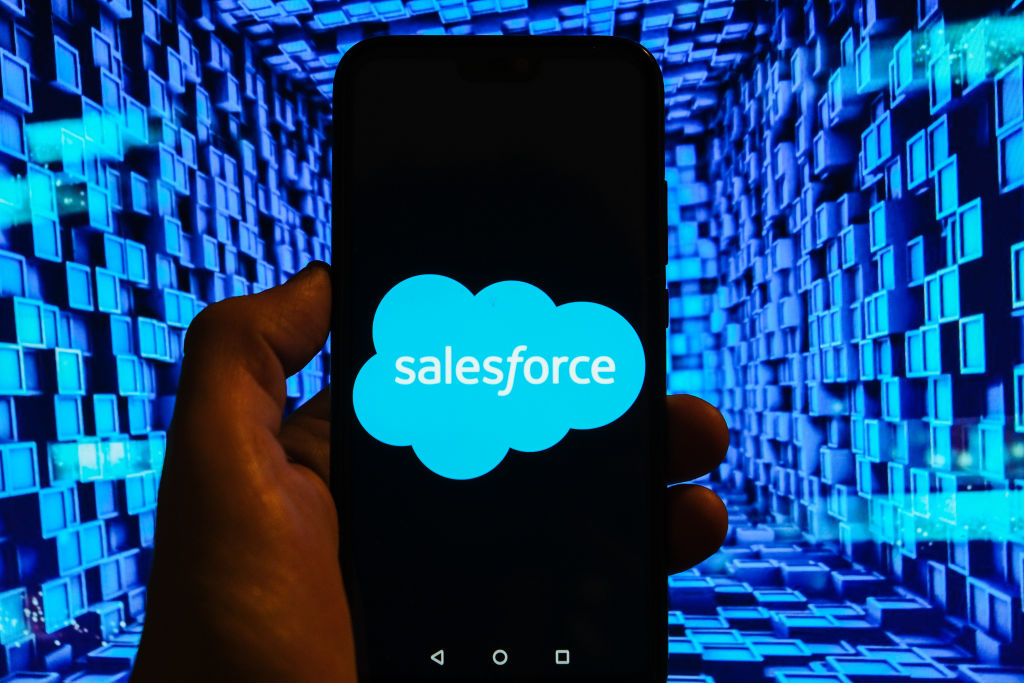 Salesforce to trial green AI tools to help companies fast-track their journey to net zero
Salesforce to trial green AI tools to help companies fast-track their journey to net zeroNews An agreement with the Australian government will also see the tech giant set up a staff tech hub in Adelaide
By Zach Marzouk
-
 Dreamforce 2019: View from the airport
Dreamforce 2019: View from the airportOpinion Time has been called on Salesforce’s big shebang for another year, so what did Dreamforce 2019 deliver?
By Maggie Holland
-
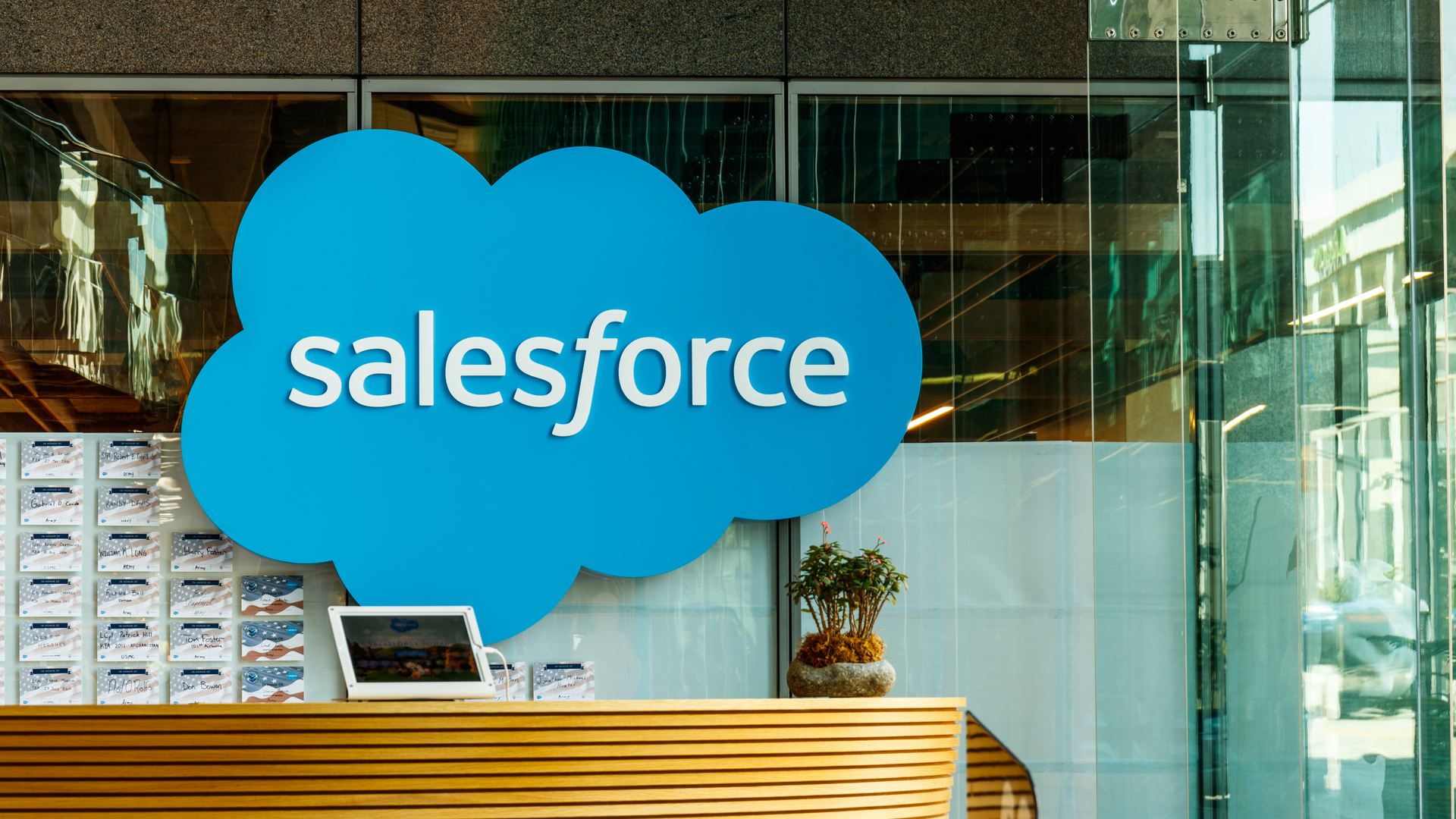 Salesforce unveils Customer 360 Truth in quest to provide single source of data reality
Salesforce unveils Customer 360 Truth in quest to provide single source of data realityNews Organisations will be able to better understand customers and, in turn, personalise and enhance their experiences, according to Salesforce
By Maggie Holland
-
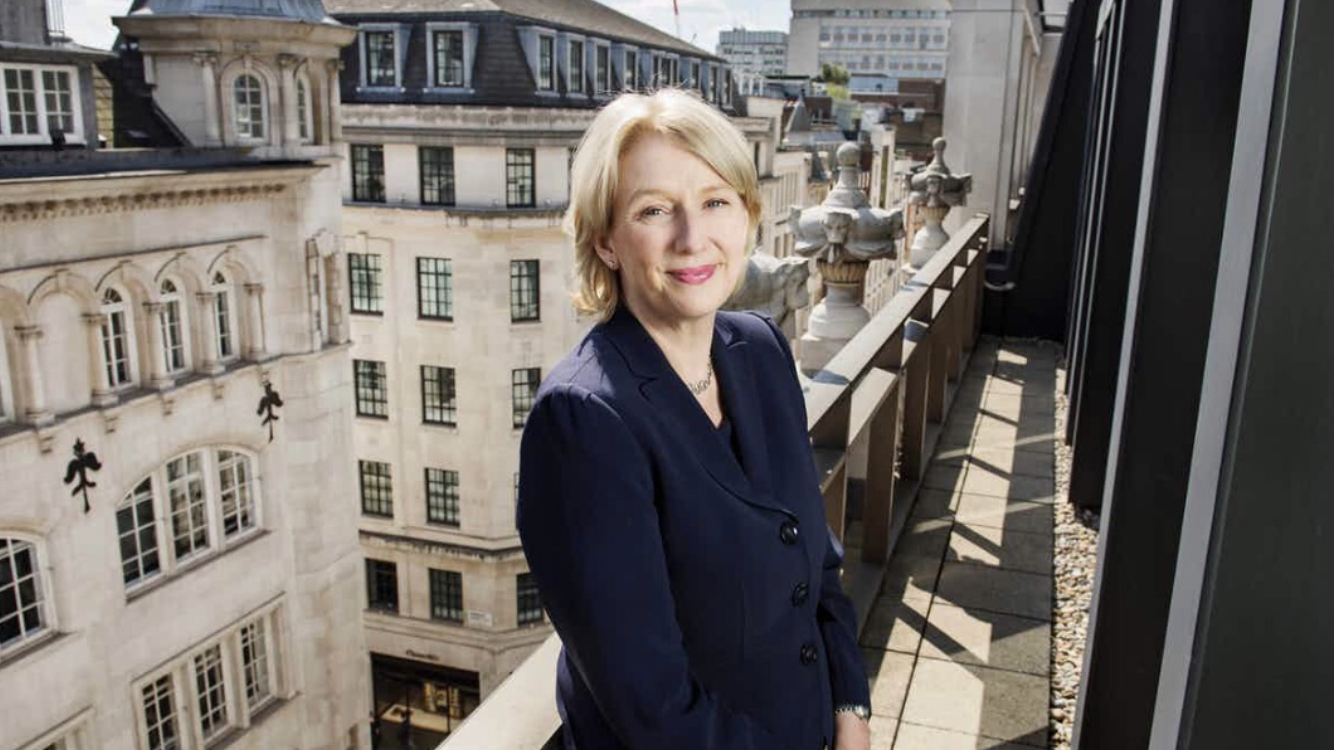 Salesforce appoints new UK leader to cement focus on local growth
Salesforce appoints new UK leader to cement focus on local growthNews Dame Jayne-Anne Gadhia will join the firm in a leadership role from October
By Maggie Holland
-
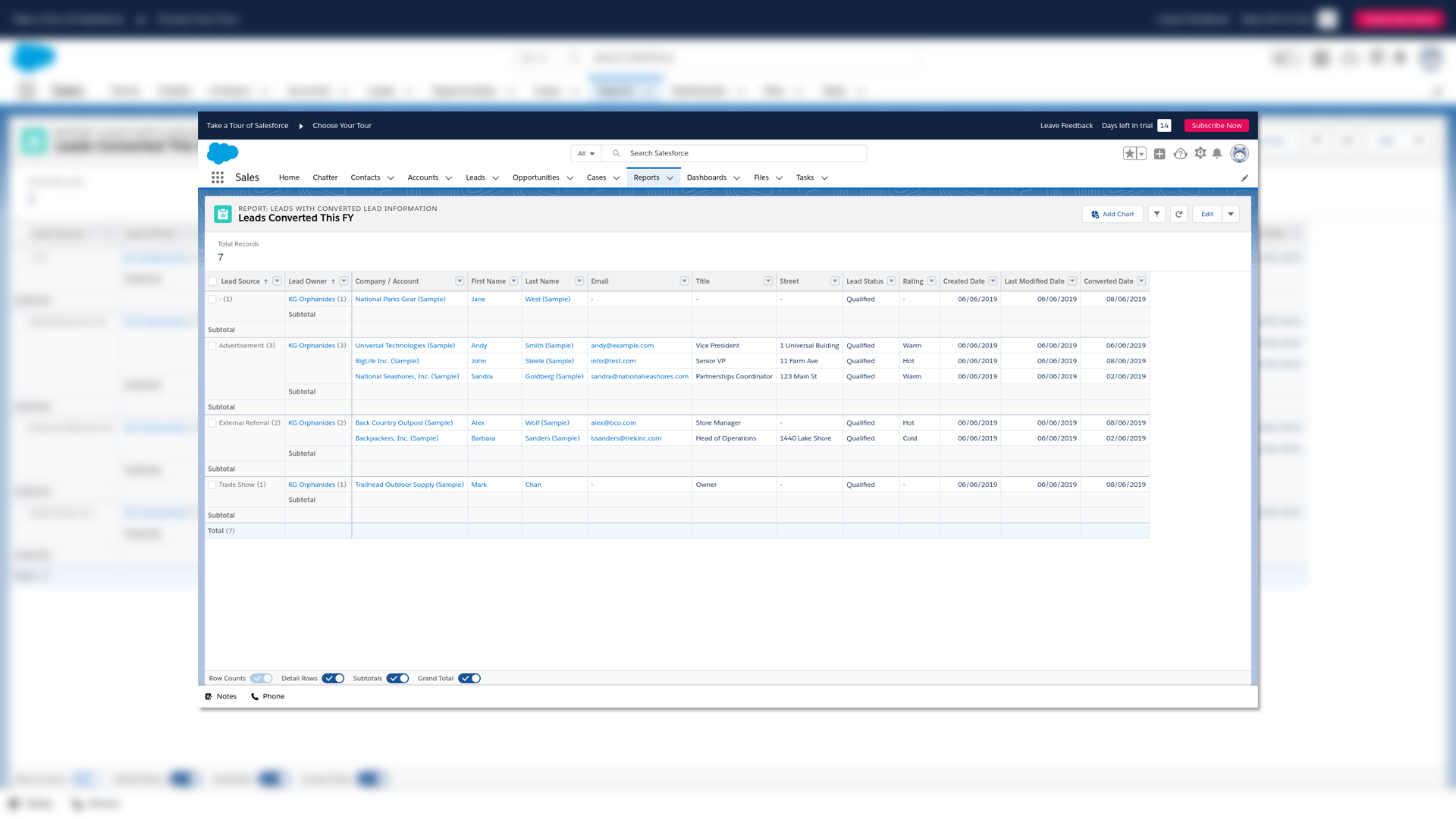
 Salesforce Essentials review: Stripped-back CRM wins on functionality
Salesforce Essentials review: Stripped-back CRM wins on functionalityReviews The SMB edition of one of the world's most popular sales tools dials down both cost and complexity
By K.G. Orphanides
-
 Salesforce revenue rockets 25%
Salesforce revenue rockets 25%News The company has set its sights on achieving $20 billion revenues by 2022
By Clare Hopping
-
 Neil Young talks up Pono in a bid to "bring the feeling back in music" through technology
Neil Young talks up Pono in a bid to "bring the feeling back in music" through technologyNews Iconic musician has partnered with key players to bring about change in the music industry
By Maggie Holland
-
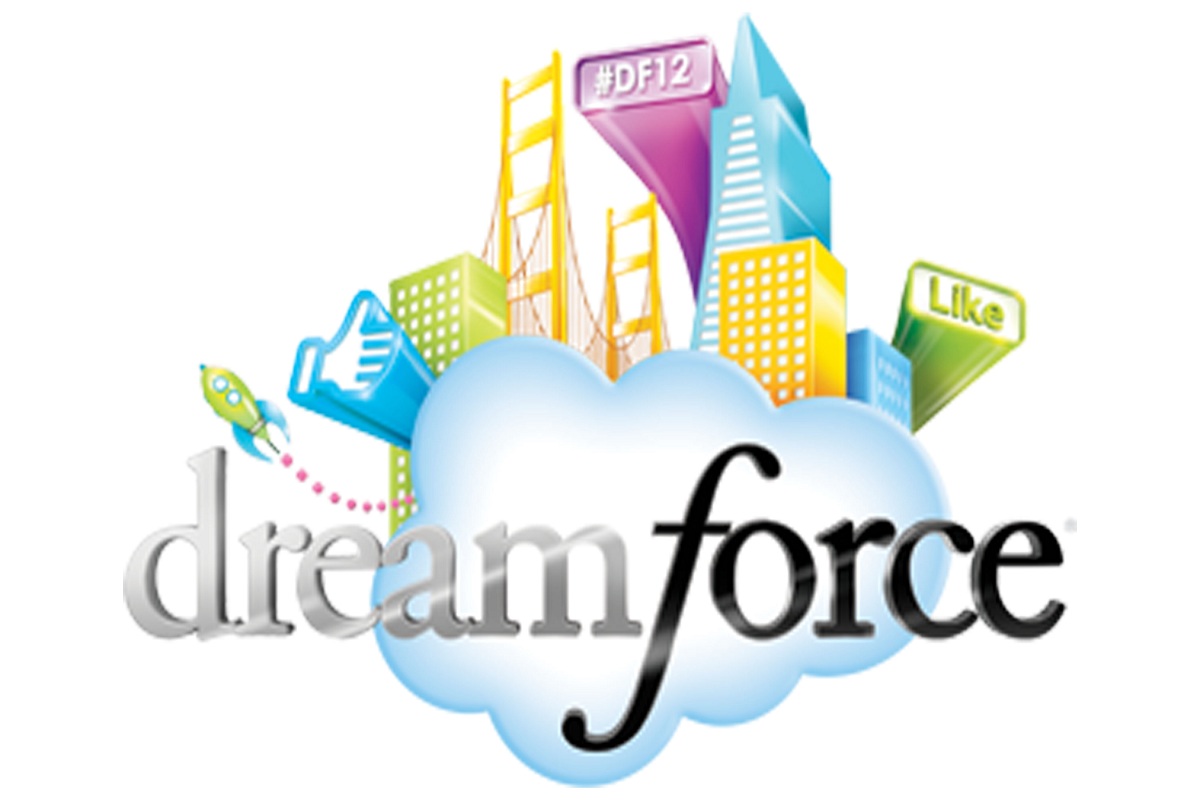 We need more women, claims Salesforce CEO
We need more women, claims Salesforce CEONews Marc Benioff eyes up more female recruits to help drive the company - and the industry - forward
By Maggie Holland